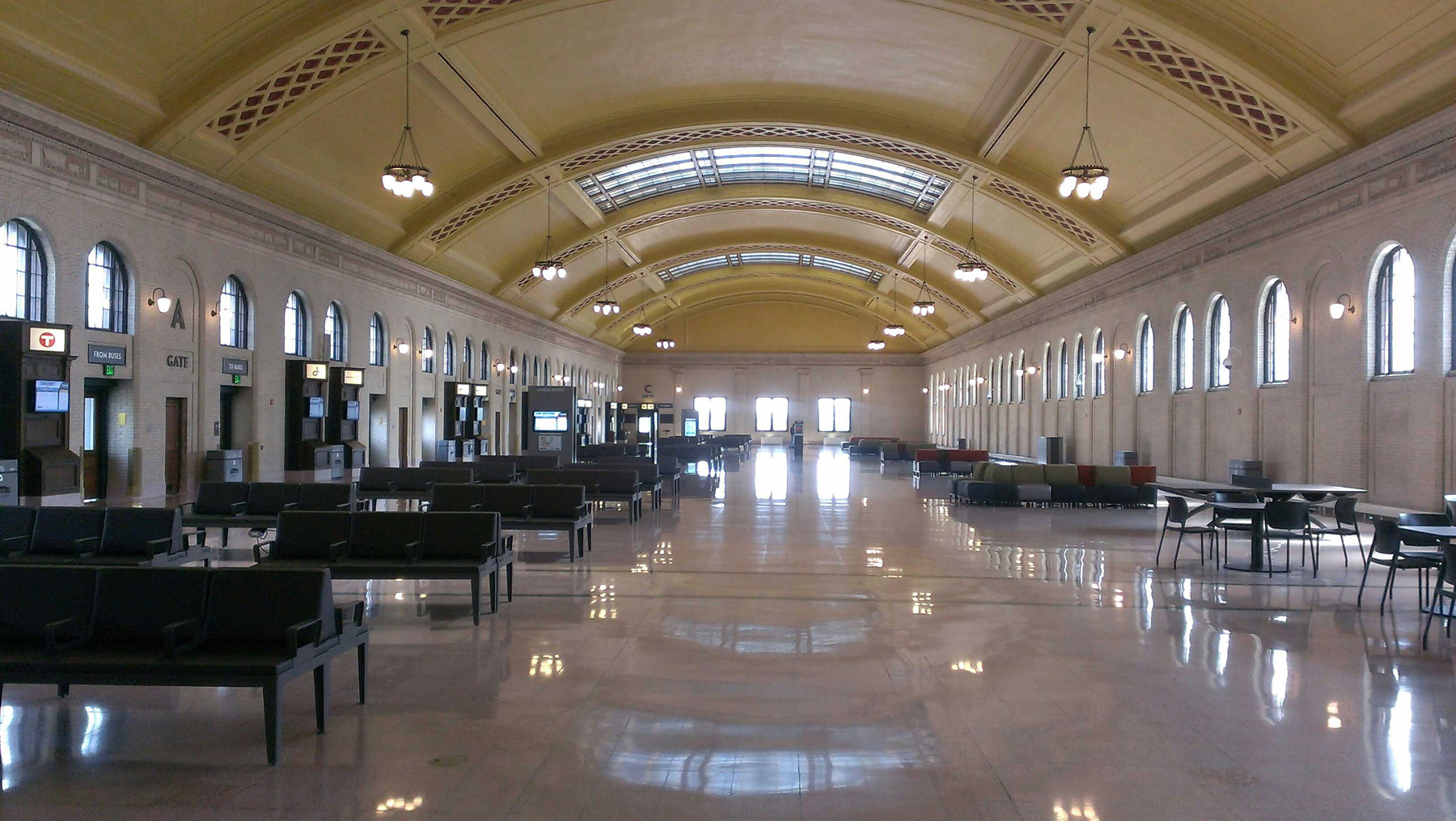1) THE DAY TERRORISTS GOT LUCKY
We wake up this morning — the 12th anniversary of the 9/11 attacks — still mired in a war in Afghanistan, even though the people the U.S. went there to kill haven’t been there for years and the head of the organization responsible for the attacks was killed two years ago. In New York, the site of the World Trade Center towers now sports the tallest building in the country.
At the airports, we take our shoes off and undergo scanning, even though there’s no evidence of any real threat having been repelled by the procedures.
With 12 years past us, it’s time to ask “did we overreact,” which is why Scientific American’s John Horgan asks the question in his post today, suggesting 9/11 was a “lucky shot” :
The funds that the U.S. spends on counterterrorism should perhaps be diverted to other more significant perils, such as industrial accidents (one in 53,000), violent crime (one in 22,000), automobile accidents (one in 8,000) and cancer (one in 540). “Overall,” Mueller and Stewart write, “vastly more lives could have been saved if counterterrorism funds had instead been spent on combating hazards that present unacceptable risks.”
Mueller and Stewart’s analysis is conservative, because it excludes the most lethal and expensive U.S. responses to 9/11. Al Qaeda’s attacks helped provoke the U.S. into invading and occupying two countries, at an estimated cost of several trillion dollars. The wars in Afghanistan and Iraq have resulted in the deaths of some 10,000 American soldiers and contractors so far—more than three times as many Americans as were killed on September 11, 2001—as well as tens of thousands of Iraqis and Afghans.
The U.S. has also damaged its moral reputation by imprisoning without trial, torturing and assassinating alleged terrorists even in nations, such as Pakistan and Yemen, with which we are not at war. All these actions have helped arouse rather than quell anti-American sentiment among Muslims and others. In spite of its economic woes, the U.S. has doubled its annual defense spending in the past decade, which is now roughly equal to that of all other nations combined.
Horgan posits that U.S. leaders are far too quick to jump to violence to solve perceived problems.
Related: Slide Show: 9/11 New Yorker Covers) (The New Yorker).
Colder Than The Place From Which We Came
2) WITH THIS RING, SHE BROUGHT JOBS TO MINNESOTA
Shutterfly, the San Francisco-based company, broke ground on its new factory in Shakopee yesterday. It’ll eventually employ more than 300 people.
How is it a perceived business unfriendly, high-tax state got an out-of-state company to expand here? Minneapolis St. Paul Business Journal provides the answer: an administration official who once got married.
Minnesota Gov. Mark Dayton said he almost fumbled his recent top-secret recruiting visit because he knew so little about the online media storage and photo business.
But Minnesota’s Department of Employment and Economic Development (DEED) Commissioner Katie Clark Sieben came to the rescue. She was also on the trip, and previously used Shutterfly for her wedding and some Christmas cards.
“She really pulled us out of the barrel there,” Dayton said.
You mean a group of officials went to lure a company to Minnesota and only one of them knew what the company did?
3) IT’S NEVER GOING TO BE 1927 AGAIN
I walked down to Union Depot in Saint Paul (one of my favorite mid-day diversions) the other day. Its supporters have done a marvelous job of refurbishing it. But that was months ago and it’s been transformed from an ugly abandoned building to a beautiful fairly-abandoned building.

Those seats are never going to be filled to capacity. East Metro officials have pulled the plug on the idea of commuter rail. A few bus routes have started the trip from there, but there’s no reason to walk all the way to Union Depot to get a bus that’s going to stop at another street. Light rail stops just outside, but that’s most likely going to be people whose destinations were Lowertown. High-speed rail? In our lifetimes?

That leaves Amtrak, which was to start making the Depot its stop this year but that’s now being delayed to next year. It’s what Amtrak does best: not showing up when it’s supposed to.
Fargo Forum illustrates the perilous hazards of train travel with an article today detailing just how undependable the main passenger train — the Empire Builder — is.
With Chicago at one end and Seattle and Portland at the other, Fargo is just one of the destinations on the Empire Builder line. Nearly 543,000 passengers rode the route in the last fiscal year, which ended Sept. 30, 2012.
At 2,200-plus miles, it’s among Amtrak’s longest routes. It is not the least timely Amtrak long-haul route, but it’s far from the best. In its 2012 fiscal year, it arrived at its final destination on time 60.7 percent of the time – third-worst among the 15 long-distance routes, according to an Amtrak report to Congress. That was up from 44 percent the year before.
In each of the last 10 fiscal quarters, the Empire Builder has failed to meet the federal standard of 80 percent for being on time.
In Fargo, the longest delay so far this year was July 28, when the eastbound train rolled in at 3 p.m. – nearly 13 hours late.
More rail follies: Southwest Light Rail's fate has hinged on Kenilworth freight route for almost two decades (Minnesota Public Radio News).
The Star Tribune won’t have Michele Bachmann to kick around much longer and today’s strident editorial makes it clear that’s fine with the editorial board. The newspaper ripped the congresswoman for her trip to Egypt, along with two like-minded colleagues, to give the military government there an “attaboy.”
The feckless congressional trio were played for fools by their hosts, who broadcast the interview on a progovernment network to enhance the regime’s shaky legitimacy. Egyptian viewers, however, have no way of knowing that these three inspire eye-rolling, not respect, back home. Many may now think that the United States has officially endorsed the brutal seizure of power.
That would put Americans in Egypt and the Middle East at greater personal risk. It also undermines President Obama’s delicate mission to maintain working relations with the military and the Muslim Brotherhood in an incendiary situation and nudge this critical ally back to democracy.
Bachmann’s office did not respond to an editorial writer’s requests for comment, but did send out a news release saying she was traveling with a bipartisan delegation to discuss security and economic issues with world leaders.
While such congressional travels aren’t unusual, few require damage control. Bachmann’s lack of common sense in Cairo is another reminder of why she won’t be missed here or in Washington when her term ends.
These sorts of junkets to foreign countries expose a bigger problem: To the world, the United States appears to have two different governments.
Related: Anthony Weiner's Run Ends With A Flourish Of His Finger (NPR)
More window washers: Video: For St. Paul window washer, his mission is clear (Pioneer Press).
Bonus I: In Owatonna: Celebrating the old-fashioned shoe store (Minnesota Prairie Roots)
Bonus II: Shackleton Probably Never Took Out an Ad Seeking Men for a Hazardous Journey (Smithsonian) h/t: Sarah Hilton
Bonus III: Fall colors may be muted again this year in southeast Minnesota as drought lingers (Winona Daily News).
TODAY’S QUESTION
What do you think of President Obama’s remarks on Syria?
WHAT WE’RE DOING
Daily Circuit (9-12 p.m.) – First hour: MNSure Executive Director April Todd-Malmlov will join The Daily Circuit and take questions regarding the health care exchange.
Second hour: A look at the federal budget.
Third hour: Affordable Care Act 101
MPR News Presents (12-1 pm): Part 1: Rebroadcast of President Obama’s speech on Syria. Part 2: BBC documentary “The Congress and the Commander in Chief.”
The Takeaway (1-2 p.m.) – Analyzing John Kerry’s off-the-cuff remark.
All Things Considered (3-6:30 p.m.) – Residents of Grand Marais for years have talked about ways to beat the high cost of fuel and propane. Off the natural gas pipeline and surrounded by woods, the town has taxed itself, gotten a $250,000 federal grant and finally seems on the verge of launching a wood-fueled heating system for a number of buildings. The project is perhaps the best example in Minnesota of a community-driven energy generation effort but is not without controversy, particularly over the question of wood-burning emissions. MPR’s Dan Kraker will have the story.
Gregory Porter is a rising star in the jazz world, but his path wasn’t always clear. It took some death-bed advice from his mother. She told him to sing. NPR highlight’s Gregory Porter’s journey to jazz.
